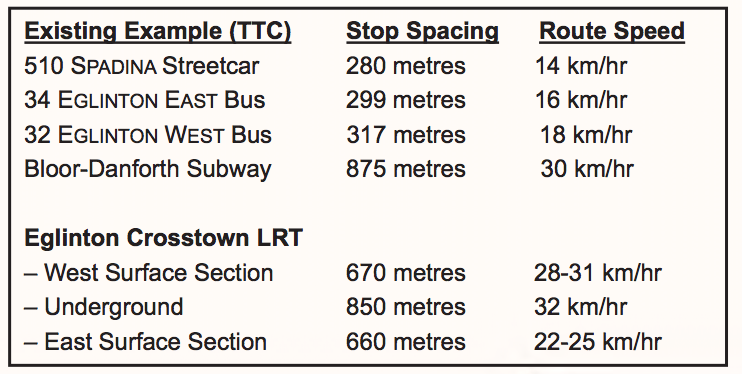The cost of the Mayor’s much-bragged-about Sheppard Subway extension has risen by $500-million. The 11% jump comes before the project has reached even the planning stages, as Toronto Transit Infrastructure Ltd. (TTIL), led by Gordon Chong, continues to develop a strategy for moving forward with a feasability study that, if successful, would lead to an exploration of potential private sector partners who would help deliver the project.
The Toronto Star’s Paul Moloney:
Pegged at $4.2 billion initially, the estimated cost has risen by $500 million, according to the head of the company created to make the business case for a publicly and privately funded subway extension.
“The Sheppard project is projected to be around $4.7 billion,†Gordon Chong, president and chief executive officer of Toronto Transit Infrastructure Ltd. (TTIL), said Friday.
…
A TTIL working group needs 12 to 18 months to come up with a more detailed look at the scope, design and cost of the Sheppard subway extensions the mayor wants to build, to determine if it’s feasible.
Chong estimated it could cost $250 million to $300 million to complete the work needed to determine if the project is feasible.
via Sheppard subway cost soars – thestar.com.
The real concern at this point should be finishing this thing before teleportation technology becomes commercially viable and transit systems are no longer necessary.
TTIL’s report is an interesting read. Steve Munro points out that several of the potential revenue sources Chong identifies are, in fact, just taxes. They include things like a “special city-wide transit development charge” and “Left-over Metrolinx funds from the Eglinton project.”
Meanwhile, Metrolinx continues to indicate they want absolutely nothing to do with Ford’s subway project. The report excerpts a letter from Metrolinx on page five, stating that “any work that you undertake on this [Sheppard Subway Project] City project [sic] needs to be allocated to a separate account and funded by the City. Any invoices to Metrolinx should not include these costs.”
The report also includes a point, underlined for emphasis, indicating that “pre-feasability and/or full business case cannot be completed without more detailed design and data.” It also concludes with a nice budgetary note: “The existing budget is woefully inadequate to complete the tasks of the Working Group.”
In other words: despite campaign promises that said we’d have a subway by 2015, we’re a long way from actually building this thing.
Councillor Doug Ford was steadfast, of course, telling the Toronto Sun’s Don Peat “As sure as I’m standing here, we’re getting subways … I can’t be any clearer, there is going to be a subway on Sheppard.”
It was Councillor Janet Davis who summed things up best, however, in the same article:
“You’re now contemplating taking up to 18 months to complete not just the preliminary financial analysis but the feasibility study,†she said. “It’s a plan for a plan for a project that will take us into 2013 before we see anything that presents evidence one way or another about whether the Sheppard subway can be funded.â€
“It feels like this is a big black hole of wasteful spending,†she said.
via Councillor Ford guarantees Sheppard Subway | Toronto Sun.
Government change, at any level, is the biggest threat to this plan. The reason Metrolinx exists in the first place is to allow long-term transportation planning that won’t fall to the whim of every newly-elected major, premier or prime minister. The Sheppard subway, falling far outside the purview of Metrolinx, is offered no such protection. Neither was Transit City.
Worth noting, as always, that the Sheppard Subway extension is now set to cost nearly five times more than the original plan for LRT on Sheppard. The Sheppard East LRT, as the first Transit City line, would have opened before the end of this council term in 2014.
